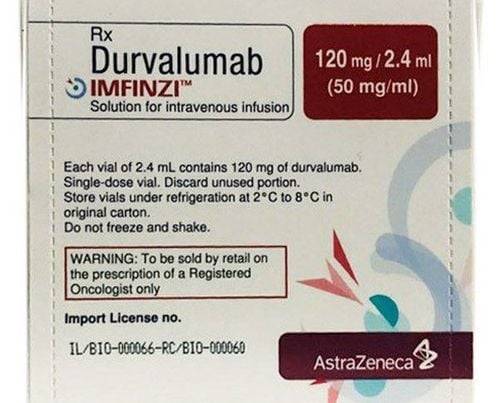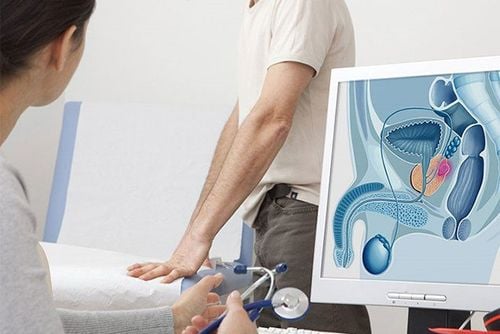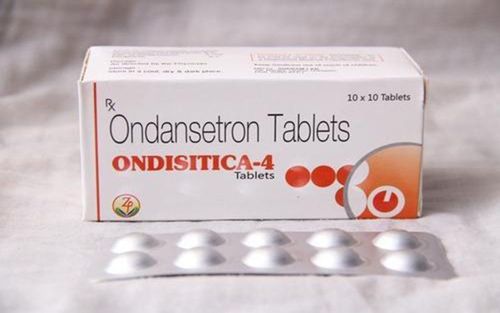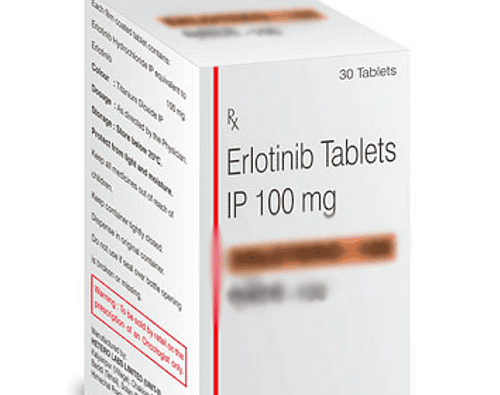This is an automatically translated article.
1. Learn about prostate cancer
As you know, the prostate gland is only found in men, located just below the bladder, connected to the urethra. Glands in the prostate tissue produce a white fluid that, during sex, pushes this fluid down the urethra, forming semen. Prostate cancer is cancer that develops in the prostate gland in men. These cancer cells become more dangerous when they spread to other organs, especially to the bones or to the lymph nodes.Although the cause of prostate cancer is unknown, men of reproductive age are at the highest risk of developing prostate cancer and it is more common in those who:
Have money family history of prostate cancer. Obese people. People who regularly eat high-fat fast food. People who regularly use many stimulants such as alcohol, beer, tobacco.
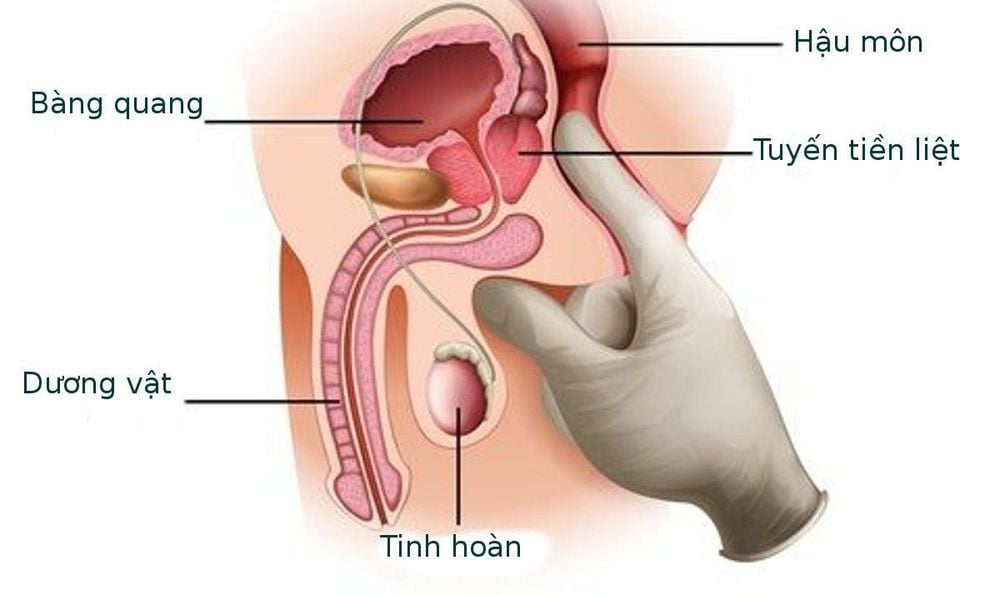
Ung thư tiền liệt tuyến là căn bệnh ung thư khá nguy hiểm ở nam giới
2. Factors that increase the risk of prostate cancer
Some factors increase the risk of prostate cancer such as:Genetics: Genes are found in every cell of the body. They control how body cells grow and function. Each person has a set of many thousands of genes inherited from both parents. Genetic changes can increase the risk of passing on prostate cancer from parents to children. Although prostate cancer is not inherited, a man can inherit genes that may increase his risk. Diet Lifestyle Prostate cancer is treatable if detected early and with warning signs such as:
Difficulty urinating, frequent urination Urinary retention, urinary incontinence Urgent urination, small urine stream One number of symptoms when the disease has progressed and spread:
Lower back pain, hip pain, thigh pain, more pain when it has metastasized to the bone. The body is often in pain, fatigue, loss of appetite, leading to uncontrolled weight loss. Abdominal pain, difficulty urinating with pain or burning, even unable to urinate. Frequent urination at night, cloudy and bloody urine Erectile dysfunction, difficulty maintaining an erection during intercourse. Intestinal problems, especially severe constipation. When the typical symptoms of the disease are detected, finding effective treatment is the first priority of the patient. Depending on the stage and condition of the patient, the doctor will offer the most suitable treatment method such as:
Total prostatectomy includes 2 methods: open surgery and laparoscopic surgery, Used to treat early prostate cancer. The patient underwent total prostatectomy, two seminal vesicles, and bilateral pelvic lymph node dissection. With the development of modern medicine, robotic laparoscopic surgery can penetrate into narrow, deep and difficult-to-reach places, solving the limitations of classical open and laparoscopic surgery, especially particularly effective in the treatment of prostate cancer. In addition, this method also has advantages such as: safety, minimizing the risk of complications or infection after surgery, pain relief, little blood loss, quick recovery, and aesthetics. high.
Transurethral endoscopic prostatectomy: Indicated for prostate cancer patients who no longer require radical prostatectomy, have severe urinary disorders, especially dysuria and urinary retention. This is not surgery to treat cancer, so the technique should be combined with other cancer treatments: orchiectomy, endocrine therapy, radiation therapy or chemotherapy.
Radiation therapy: This is a treatment that uses high-energy radiation rays to kill cancer cells. This method has the advantage of being effective and can be indicated for all stages of the disease when needed.
Endocrine treatment: The principle of endocrine therapy is aimed at reducing male hormones (Androgens, mainly Testosterone). When the male hormones are gone, the disease slows down. There are 2 methods in hormone treatment:
Suppression of male hormones by orchiectomy. Currently, the most used surgery is intra-capsular orchiectomy, which is both effective in treatment and highly aesthetic.
Suppress male hormones with hormonal drugs. The patient will be given medication, this method is indicated when the patient refuses to have surgery or when the patient has a contraindication to surgery.
Currently, Vinmec International Hospital Radiation Center has routinely performed radiotherapy for prostate cancer on the most advanced Clinac iX accelerator system (Varian Company, USA) today. Many patients achieve satisfactory results with few side effects, often making a full recovery after treatment. The clinics are fully equipped with high-tech and standard equipment, ensuring that patients are monitored, examined, and cared for comprehensively before, during and after radiation therapy.
Besides, in order to improve service quality as well as bring convenience to customers, Vinmec now also deploys an intensive examination service for prostate cancer. Customers who need advice on diagnosis and treatment of prostate cancer can come to Vinmec International General Hospital
With equipped facilities, advanced and modern medical equipment and a team of Doctor with deep expertise and extensive experience. At Vinmec, the examination process becomes quick with accurate results, saving costs and time for patients.
Please dial HOTLINE for more information or register for an appointment HERE. Download MyVinmec app to make appointments faster and to manage your bookings easily.





